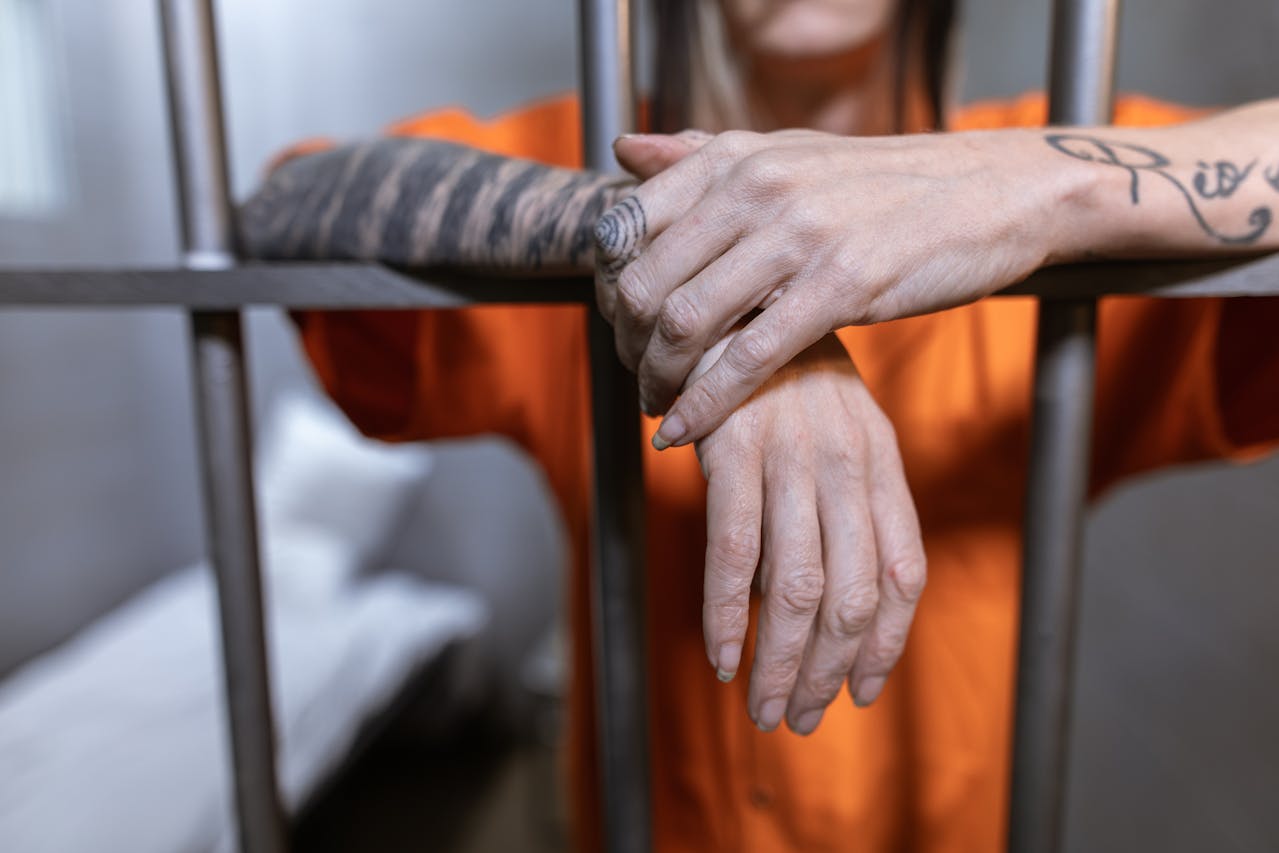When a child becomes entangled in the legal system due to an alleged juvenile offense, it is a deeply concerning and emotionally challenging experience for both the child and their family. Juvenile offenses often stem from emotional challenges, situational factors, or lapses in judgment, but regardless of the circumstances, they can have far-reaching consequences. A conviction or adjudication in a juvenile case can impact a child’s education, reputation, and future prospects, making it imperative to secure skilled legal representation that understands the unique challenges and intricacies of juvenile law.
At BFP Law Firm, our team of knowledgeable and compassionate attorneys is dedicated to providing superior legal counsel and representation for those navigating the juvenile justice system. We believe in the potential for growth, rehabilitation, and a brighter future for those facing juvenile offenses, and we are committed to protecting your child’s rights while striving for the best possible outcome in their case.
In this article, we will delve into the specific aspects of the juvenile justice system and how it differs from the adult criminal system, discuss the potential consequences of juvenile offenses, and explain the importance of safeguarding your child’s future with expert legal representation. Additionally, we will showcase how the dedicated attorneys at BFP Law Firm can provide the guidance, support, and passionate advocacy, essential for addressing the unique nuances of your child’s case.
Understanding the Juvenile Justice System
The juvenile justice system is distinct from the adult criminal system and operates under different principles, reflecting a more rehabilitative and supportive approach. Some key differences between the two systems include:
1. Terminology: In the juvenile system, terms such as “arrest” and “conviction” are replaced with “apprehension” and “adjudication,” and the accused is referred to as a “respondent” rather than a “defendant.”
2. Confidentiality: Juvenile proceedings and records are generally kept confidential to protect the child’s privacy and future prospects. However, some serious offenses may lead to public disclosure of records or even a transfer to adult court.
3. Disposition and Sentencing: In lieu of traditional sentences or punishments, juvenile offenders may receive dispositions focused on rehabilitation, such as counseling, community service, or probation. However, more serious offenses may result in commitment to a juvenile detention facility.
4. Court Processes: The juvenile court process prioritizes informal procedures, with a focus on collaboration among court personnel, social service providers, and the child’s support system. This approach emphasizes assessing the best interests of the child and addressing any underlying issues that may have contributed to the offense.
Potential Consequences of Juvenile Offenses
While the juvenile justice system is structured to prioritize rehabilitation, the potential consequences can still be significant and far-reaching. Possible outcomes for juvenile offenders include:
1. Diversion Programs: For first-time or less serious offenses, your child may be eligible for a diversion program, which can involve community service, counseling, or educational services. Successful completion of such programs can often lead to the dismissal of charges.
2. Probation: Probation is a common disposition for juvenile cases and can include a variety of conditions, such as school attendance, participation in counseling, or adhering to a curfew. Failure to comply with probation conditions can result in further legal consequences.
3. Juvenile Detention: More serious offenses or repeat offenses can result in the child being placed in a juvenile detention facility. The length of the stay depends on the severity of the offense and the child’s progress in the facility’s rehabilitation programs.
4. Impact on Education and Employment: A juvenile offense can hinder opportunities for higher education, as well as future employment prospects, depending on the nature and severity of the offense, and whether the records are sealed or expunged.
The Importance of Expert Legal Representation
Given the potential consequences and unique challenges of the juvenile justice system, it is crucial to secure expert legal representation to protect your child’s future. A skilled attorney can:
1. Advocate for Alternative Options: By presenting mitigating factors and advocating for your child’s eligibility for diversion or other alternative programs, an attorney can help work toward a more favorable outcome.
2. Negotiate with Prosecutors: An experienced attorney can negotiate with prosecutors to develop plea agreements or reduce charges, potentially lessening the impact on your child’s future.
3. Guide You through the Juvenile Court Proceedings: An attorney well-versed in juvenile law can help you and your child navigate the court system, ensuring that your child’s rights are protected and the best interests of the child are considered throughout the process.
4. Pursue Sealing or Expungement of Records: Attorneys can assist in the process of sealing or expunging juvenile records, which can significantly improve your child’s future prospects in terms of education and employment.
How BFP Law Firm Can Assist with Juvenile Offense Cases
At BFP Law Firm, our passionate team of attorneys is committed to providing superior legal representation for those facing juvenile offenses. By collaborating with us, you can expect:
1. Thorough Legal Knowledge: Our attorneys possess extensive understanding of juvenile law, ensuring that your child’s case is handled with the care and expertise it deserves.
2. Personalized Representation: We recognize that each case is unique and requires a tailored approach. Our team works closely with you and your child to develop an individualized legal strategy that addresses the specific circumstances of their case.
3. Unwavering Commitment: We are dedicated to protecting your child’s rights and standing by their side throughout the legal process, while striving for the best possible outcome.
4. Compassionate Support: We understand the emotional impact of juvenile offenses on both the child and their family. Our attorneys provide empathetic guidance and support, ensuring that you and your child feel understood and heard during this difficult time.
Conclusion
Facing a juvenile offense can be a challenging and concerning experience, but with the right legal representation, it’s possible to navigate the juvenile justice system and protect your child’s future.
BFP Law Firm’s knowledgeable and caring attorneys are committed to providing top-tier legal counsel and representation for those facing juvenile offenses. Our team will work closely with you and your child to develop a tailored legal strategy that addresses the unique nuances of their case, advocating for their rights and focusing on their best interests.
If your child is facing a juvenile offense, let’s discuss your legal options and begin the process of safeguarding their rights and future. BFP Law Firm provides reliable criminal defense services, so get in touch with us today!






